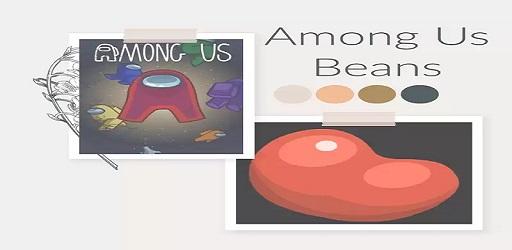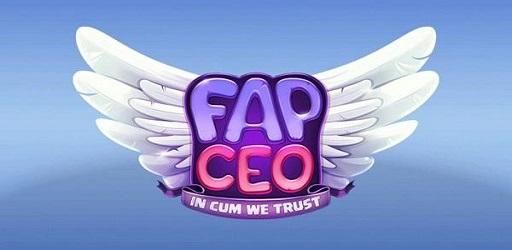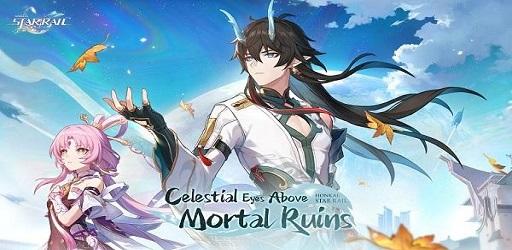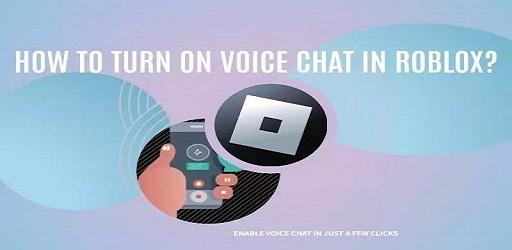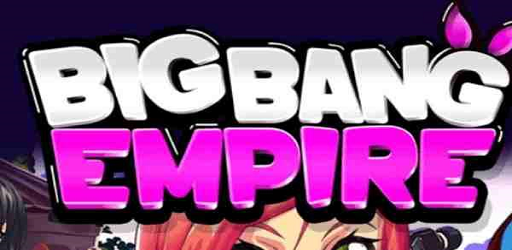Disney Illusion Island: Revisiting Nostalgia with a Twist
In the ever-evolving landscape of gaming and application development, there’s always a special place for nostalgia. It's the warm, comforting embrace of familiar characters and stories that have grown alongside us. Disney, a name synonymous with childhood wonder and storytelling excellence, has once again stepped into the gaming universe with its latest offering - Disney Illusion Island. This blog post delves deep into this enchanting new game, exploring its nuances, gameplay, and how it adeptly mixes nostalgia with a modern twist.
The Magic Begins
Disney Illusion Island is more than just a game; it’s a portal to our childhood but with a fresh coat of contemporary paint. Set in a vibrantly animated world, it allows players to dive into a universe filled with their favorite Disney characters. From the heroic Mickey and Minnie to the adventurous Donald and Goofy, the game brings these iconic figures to life in a narrative that is both familiar and refreshingly new.
Gameplay - A Blend of Old and New
At its core, Disney Illusion Island is a platformer, a genre that harkens back to the early days of gaming. However, it’s not just a simple rehash of old formulas. The game introduces innovative mechanics and challenges that require not just quick reflexes but also strategic thinking. Each character comes with unique abilities, and players must learn to use them in tandem to navigate through the intricately designed levels.
The Storyline - A Twist on the Familiar
The storyline of Disney Illusion Island is where the game truly shines. It’s not just another tale of heroes and villains; it’s a narrative woven with deeper themes of friendship, bravery, and the importance of teamwork. The game’s plot takes players on a journey through uncharted islands, each with its own mysteries and challenges. The storytelling is rich and immersive, making players feel like they are part of an epic Disney adventure.
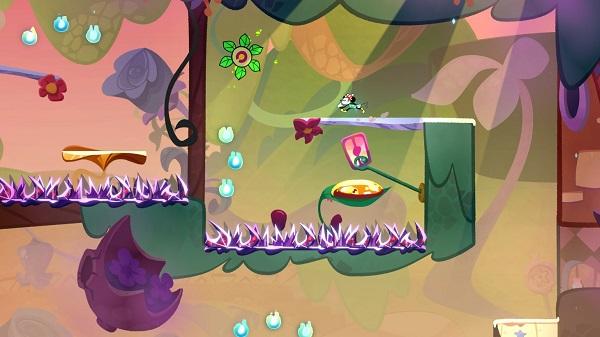
Visuals and Sound - Immersive and Nostalgic
The visuals in Disney Illusion Island are a delightful treat. The game pays homage to the classic Disney animation style, with bright, colorful landscapes and character designs that feel like they’ve jumped straight out of a classic Disney cartoon. The sound design complements this visual feast, with a soundtrack that includes new renditions of beloved Disney tunes, as well as original scores that capture the essence of adventure and magic.
The Multiplayer Experience
One of the most exciting aspects of Disney Illusion Island is its multiplayer mode. The game allows up to four players to join in on the adventure, each controlling a different character. This mode is not just about adding more players to the mix; it’s about encouraging cooperation and teamwork. The levels are designed in such a way that players need to work together, combining their characters' unique abilities to overcome obstacles and defeat enemies.
Challenges and Rewards
Disney Illusion Island is designed to be accessible to players of all ages and skill levels. The challenges range from simple puzzles to more complex platforming sequences. As players progress, they unlock new areas of the islands, uncover hidden secrets, and earn rewards. These rewards include character upgrades, new abilities, and even special costumes that pay tribute to various eras of Disney history.
Community and Connectivity
One cannot overlook the impact of Disney Illusion Island on the gaming community. The game not only brings players together in its multiplayer mode but also connects them outside the game through online forums, fan sites, and social media groups. These platforms have become hotbeds for sharing strategies, fan art, and stories, showcasing how a game can transcend its digital boundaries and foster a vibrant community.
Educational Elements and Family-Friendly Gaming
Disney has always been at the forefront of blending entertainment with education, and Disney Illusion Island is no exception. The game subtly incorporates educational elements, teaching players about teamwork, problem-solving, and even bits of real-world history and geography, woven into its storyline and gameplay. This makes it an excellent choice for family gaming, allowing parents and children to bond over shared challenges and adventures.
Nostalgia with a Modern Message
At its heart, Disney Illusion Island is a love letter to nostalgia, but it’s written with a modern pen. The game addresses contemporary themes such as diversity, inclusion, and environmental awareness, all wrapped in the familiar Disney narrative. This approach not only appeals to the older fans who grew up with Disney but also resonates with the younger generation, teaching valuable life lessons through the timeless characters.
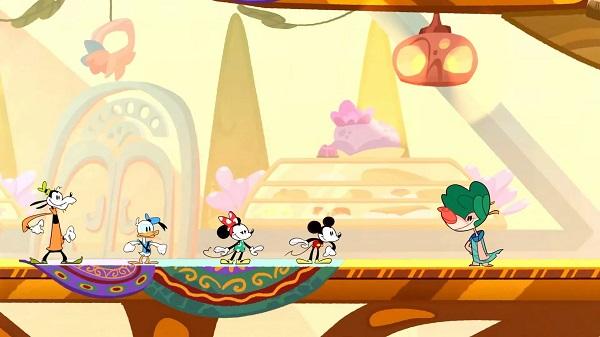
Expansion and Future Prospects
The future looks bright for Disney Illusion Island. With its initial success, there’s potential for expansions, additional content, and even sequels. The game has set a new standard for how nostalgic properties can be revived for the modern era, not just reliving the past but reimagining it for the future. As technology advances, we might even see integrations with virtual reality or augmented reality, taking the Disney gaming experience to a whole new level.
The Role in Reviving Classic Gaming Genres
Disney Illusion Island has also played a pivotal role in reviving interest in classic gaming genres, particularly platformers. By combining the charm of old-school games with innovative mechanics and storytelling, it has opened the door for other developers to explore how nostalgia can be reinterpreted for the current gaming landscape.
Final Thoughts
Disney Illusion Island is more than just a game; it’s a journey back to the roots of our childhood, reimagined for the modern era. It combines the magic of Disney with innovative gameplay, educational value, and a strong community aspect. It’s a game that proves nostalgia doesn’t just have to be about looking back; it can also be about moving forward, taking the best of the past and blending it with the possibilities of the future.
Disney Illusion Island is not just a game you play; it’s an experience you live - a perfect blend of the past and present, promising an exciting future for both Disney fans and the gaming world.

